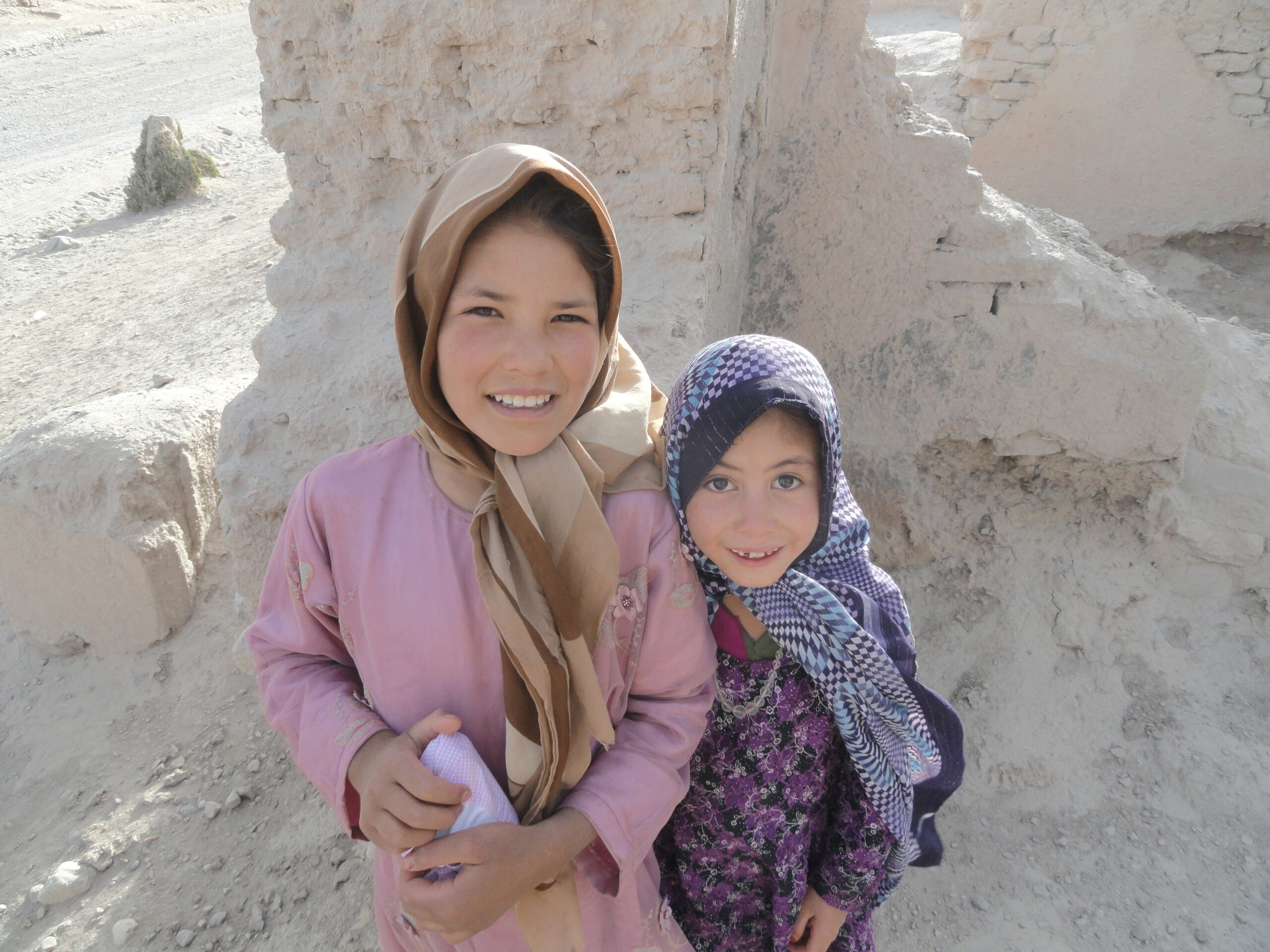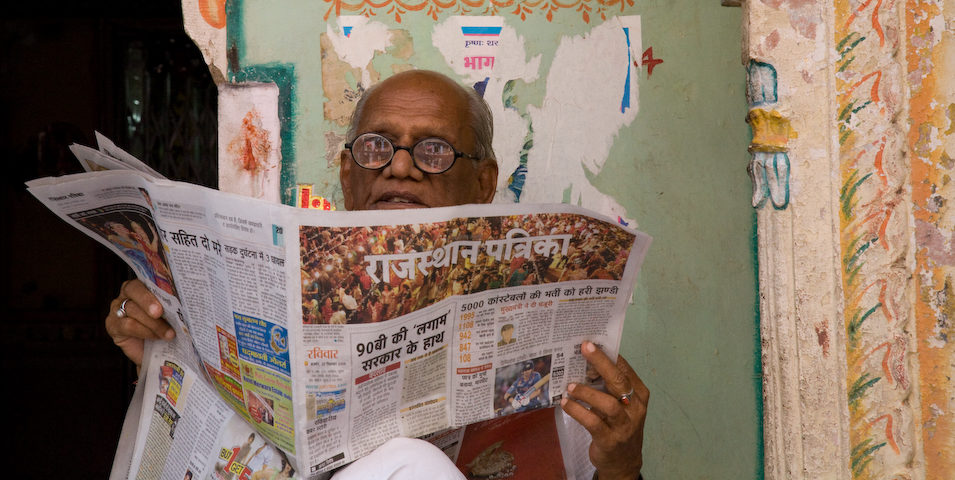
Civil Society’s Important Peacebuilding Role On The Korean Peninsula
The United States has downplayed the importance of including civil society in the peace talks between North and South Korea. However, civil society has a proven track record in this area: history and research show that by including civil society in negotiations, the strength and longevity of peace agreements are increased.

Poland Wants To Increase Defense Spending & More U.S. Troops
The Polish President has recently expressed a desire to increase the country’s military spending and has been petitioning Washington for a permanent U.S. base and more troops. Peace Science has identified the unfortunate concessions countries often make in the name of “security”.

For Afghan Children, Violence Is The Only Constant
Nearly twenty years of war has had a devastating impact on children in Afghanistan. War casualties among Afghan children are on the rise, and nearly half do not attend school.

The Observed Benefits of Peace Journalism
“Journalism is not just about ‘reporting facts’. It is about ‘what’ to report and ‘how’ to report” says Vanessa Bassil, Director of the Media Association for Peace (MAP). Peace Science shows that peace journalism has specific effects on individuals and whole societies–demonstrating the widespread impact of journalistic methods and ethics and the conscious choice available to news outlets.

One in Four Children Around the World Live in Conflict or Disaster Zones
Over 25% of the world’s children live in areas with little to no access to education, health care, or safety. Peace Science highlights some of the risks and consequences specific to youth during violent conflict and Peacebuilding Deeply comments on how, historically, we have focused on of either the “empowerment” of youth or their “radicalization”…but neglect the young person’s critical role as a peacebuilder.

Reinforcing Sexism and Homophobia Through Political Cartoons
In both “progressive” political cartoons and state-sanctioned propaganda, sexism and homophobia are weaponized to achieve political goals and to gain/sustain public support for biggoted or violent policy.

Has Social Media Made It Too Easy To Organize Mass Protests?
Before the internet, protesters lacked social media’s networking capabilities that allow movements to coordinate and share information in real time. But now, movements have the ability to grow so rapidly that they skip preparation stages that are often vital to movement success.

Some Experts “Cautiously Optimistic” About U.S./Taliban Peace Talks
The pending negotiations between the U.S. and Taliban have some experts “cautiously optimistic”. Peace Science shows us that successful peace talks often depend on the type of leverage possessed by each party.

War Prevention Initiative co-signs letter to the President on implementing the joint statement of the Singapore Summit
In light of ongoing efforts to secure lasting peace and denuclearization on the Korean Peninsula, civil society groups and leaders from the Korea Peace Network sent this letter to President Trump to lay out concrete steps we believe the administration should take to advance the diplomatic process with North Korea. President Donald Trump The … Read more

War Prevention Initiative team members publish book chapter
The Handbook of Research on Promoting Peace Through Practice, Academia, and the Arts (published September 2018) includes a chapter written by War Prevention Initiative team members David Prater and Patrick Hiller. It is titled Recognizing the Science of Peace to Build Positive Peace. Included in our chapter is original research and commentary highlighting the importance … Read more

How Repression Can Backfire To Fuel Resistance
During resistance movements, repression can backfire. Rather than crippling the resistance, repression often fuels resistance and undercuts the legitimacy of a power elite.
